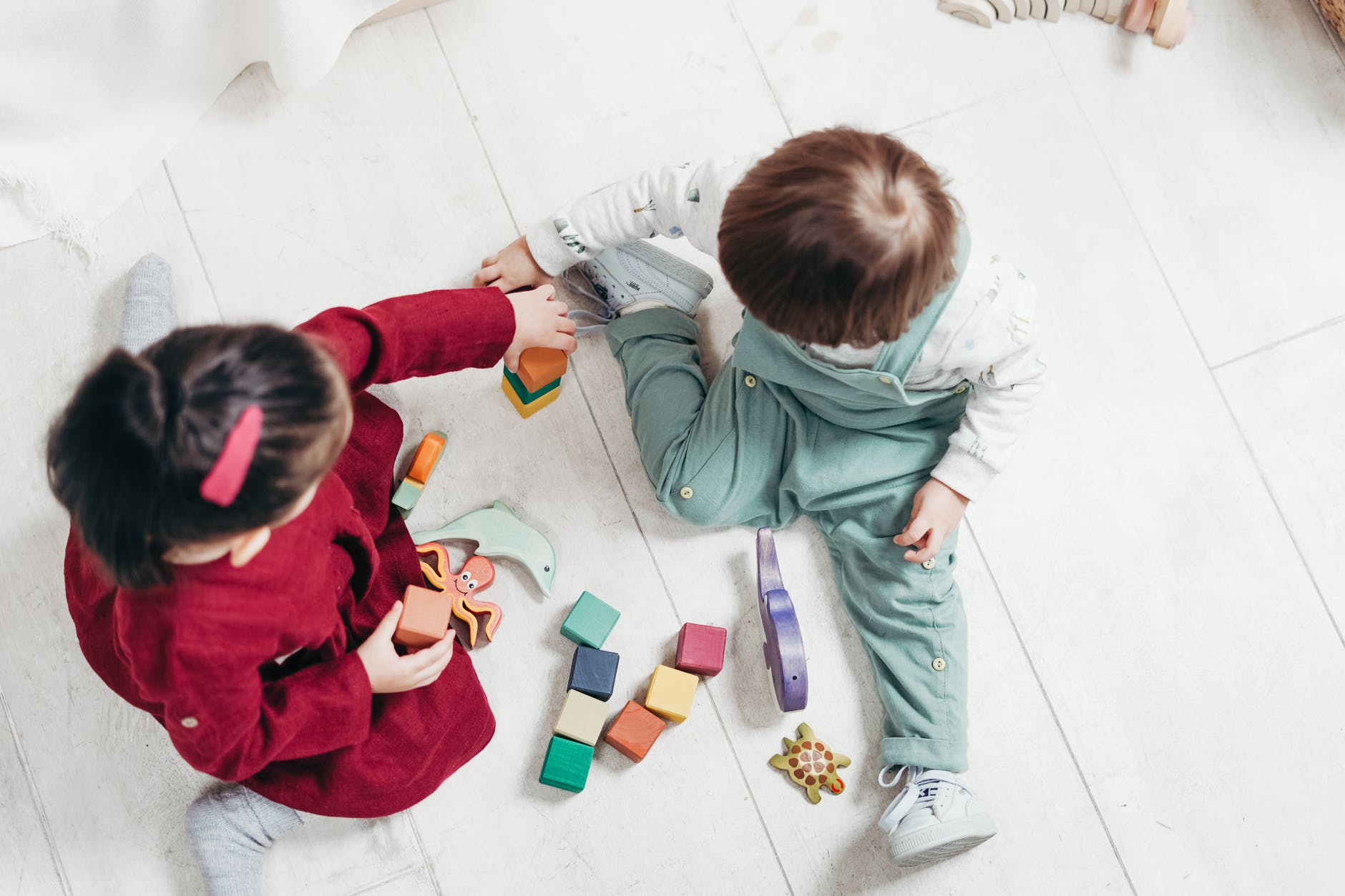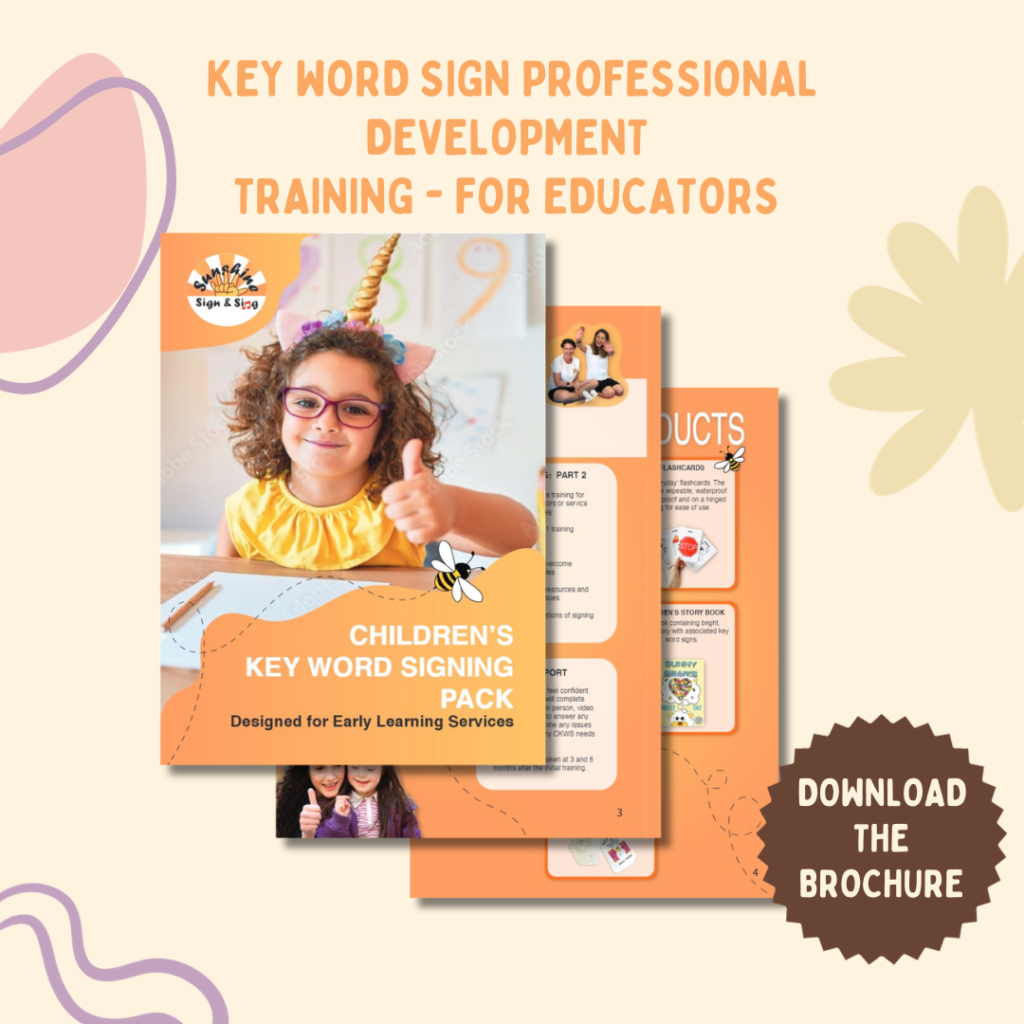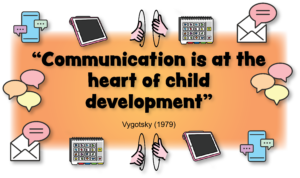Uplift Kindy Program
Is your Kindergarten part of the Kindy Uplift program?

More than 400 kindergarten providers are taking part in the Kindy Uplift program which will fund programs, resources, supports and professional development to build educator capability, support inclusion and improve children’s learning and development. It aims to respond to the educational and developmental needs of kindergarten children through evidence-based initiatives to improve early learning outcomes for up to 13,500 children.
Kindy uplift pilot (earlychildhood.qld.gov.au)
Kindy uplift funding has been designed to strengthen children’s access to, and meaningful participation in, the full range of kindergarten experiences.
Kindy uplift focuses on 6 priority areas:
- Culturally safe, inclusive and responsive kindergarten programs
- Embedding Aboriginal and Torres Strait Islander perspectives
- Equity and Access for all
- Social and emotional learning
- Physicality
- Executive function
- Oral language and Literacy
- Mathematics and numeracy
Children’s key word signing supports and aligns to all 6 priority areas highlighted in the Kindy Uplift scheme and our program helps to easily incorporate this amazing communication tool into any Early Learning Service.
Visit our training page or Download our Early Learning Services Brochure to find out what we can offer.

Our Professional Development for Educator’s on implementing Children’s Key Word Sign in your Early Learning Service meets many of the priority areas specified in the Kindy Uplift Scheme.
Download the brochure to learn more information today!
The training provides your educators with the skills and knowledge to successfully integrate Children’s Key Word Signing into your services for the benefit of your children and your educators.
For more information of the information contained in the training please click here.
Children’s Key Word Sign is a communication tool that uses signs (kindly borrowed from Auslan, Australian Sign Language), gestures and facial expressions alongside speech, with only key words being signed.
Children’s key word sign has many benefits including:
- Communication
- Improve responsiveness from educators
- Improved bonding between children and educators
- Reduced frustration and Meltdowns
- Improved Self Esteem of Children
- Better Social Behaviours from Children including less soiling, hitting, biting
For a more detailed list of how the benefits can assist your service meet the learning outcomes of the EYLF please click here.

